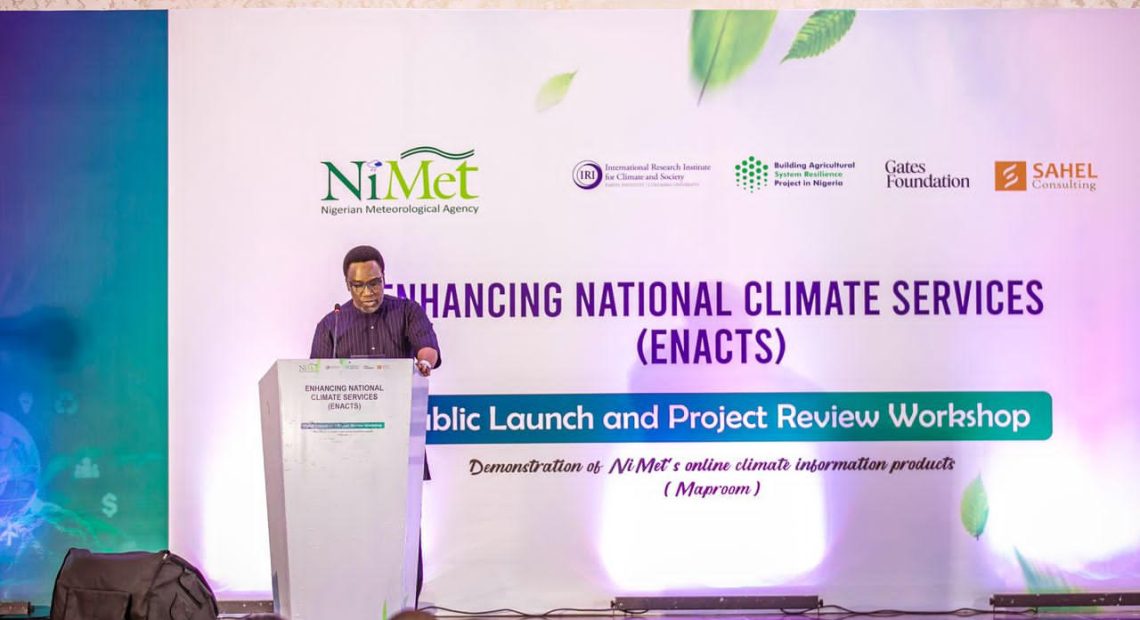Nigeria’s Airport agency NiMet, stresses importance of climate risk

Nigeria
The Director-General and CEO of the Nigerian Meteorological Agency (NiMet), Professor Charles Anosike yesterday stressed the need for integrating climate-related risks into sustainability reporting.
Professor Anosike made this known during the 2nd Regulatory Roundtable on the Implementation of ISSB’s Sustainability Reporting Standards in Nigeria.
The event, hosted by the Financial Reporting Council (FRC) of Nigeria, gathered key stakeholders to advance national understanding of sustainability disclosures amid increasing climate challenges.
In his goodwill message, Prof. Anosike praised the FRC’s leadership under Executive Secretary/CEO Dr. Rabiu Olowo for driving efforts to enhance transparency and accountability in corporate climate risk disclosures. He explained that climate change presents both physical risks, such as extreme weather events, and transition risks from shifting policies and technologies, all of which significantly affect companies’ financial health and long-term viability.
Highlighting data challenges, Prof. Anosike emphasized that reliable data collection and verification remain a fundamental hurdle for report preparers. He reaffirmed NiMet’s commitment to collaborate with the FRC and other stakeholders to improve access to quality climate data and integrate climate considerations into strategic economic decision-making.
The ISSB sustainability reporting standards provide a global framework for reporting on governance, strategy, risk management, and metrics related to sustainability, with specific guidance on climate-related risks and opportunities. Nigeria is among 30 jurisdictions representing over half of global GDP and greenhouse gas emissions adopting or planning to implement these standards.
The roundtable also featured contributions from Dr. Ndidi Nnoli-Edozien, ISSB Board Member, and other key figures, further reinforcing Nigeria’s resolve to strengthen sustainability reporting frameworks in the face of escalating climate risks.









